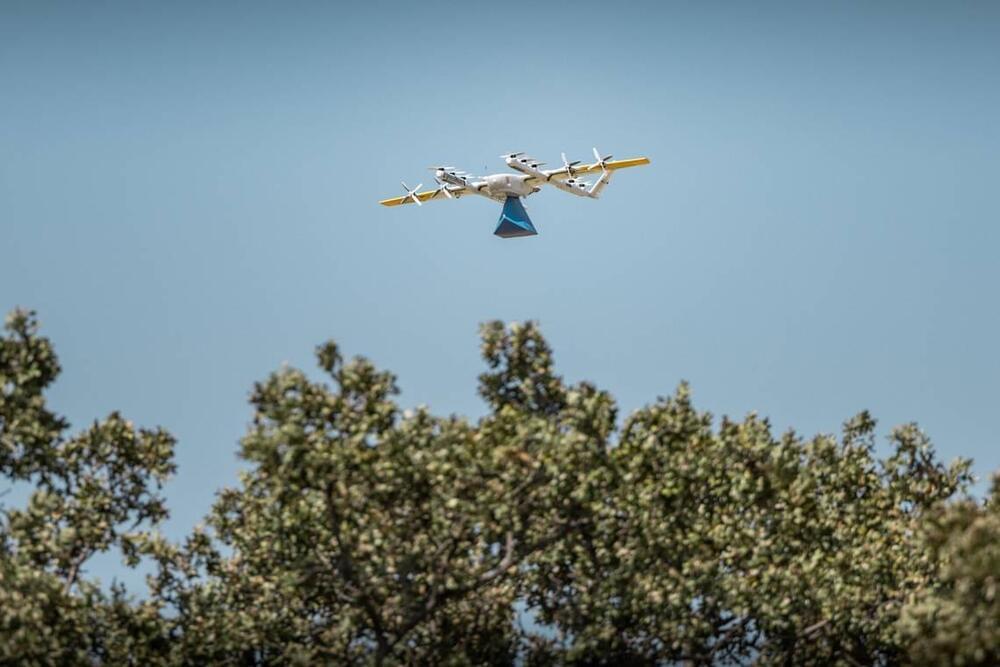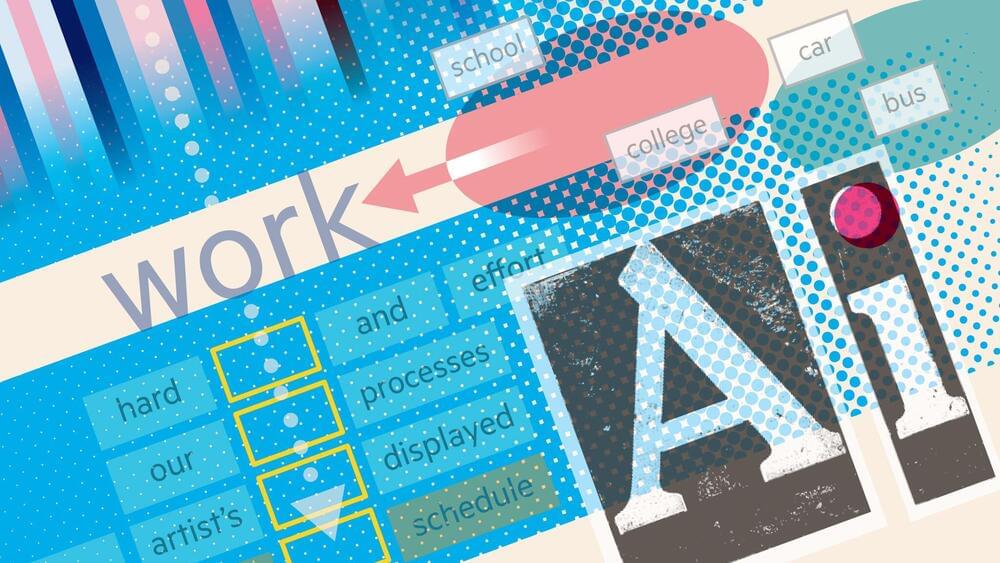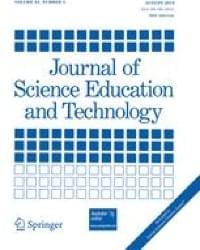Can artificial intelligence, or AI, make it possible for us to live forever? Or at least, be preserved for posterity? What are the current developments in the fields of artificial intelligence and biotechnology?
Will humanity exist without biological bodies, in the near future? Could humans and AI merge into one being? This documentary explores these questions, and more.
The film also explores current advances in AI, robotics and biotechnology. What is the essence of human existence? Can that essence be replicated? Technological development in these fields is rapid. It is also increasingly urgent, as people’s lives play out more and more online. Visionaries, authors, and theorists such as Nick Bostrom, Hiroshi Ishiguro, Douglas Rushkoff and Deepak Chopra are questioning how a humanity without a biological body might evolve.
The scientific community is fascinated by the idea of merging human and machine. However, leading minds are also pondering the question of whether AI might just be the last thing humans ever create.
#documentary #dwdocumentary.
______
DW Documentary gives you knowledge beyond the headlines. Watch top documentaries from German broadcasters and international production companies. Meet intriguing people, travel to distant lands, get a look behind the complexities of daily life and build a deeper understanding of current affairs and global events. Subscribe and explore the world around you with DW Documentary.



